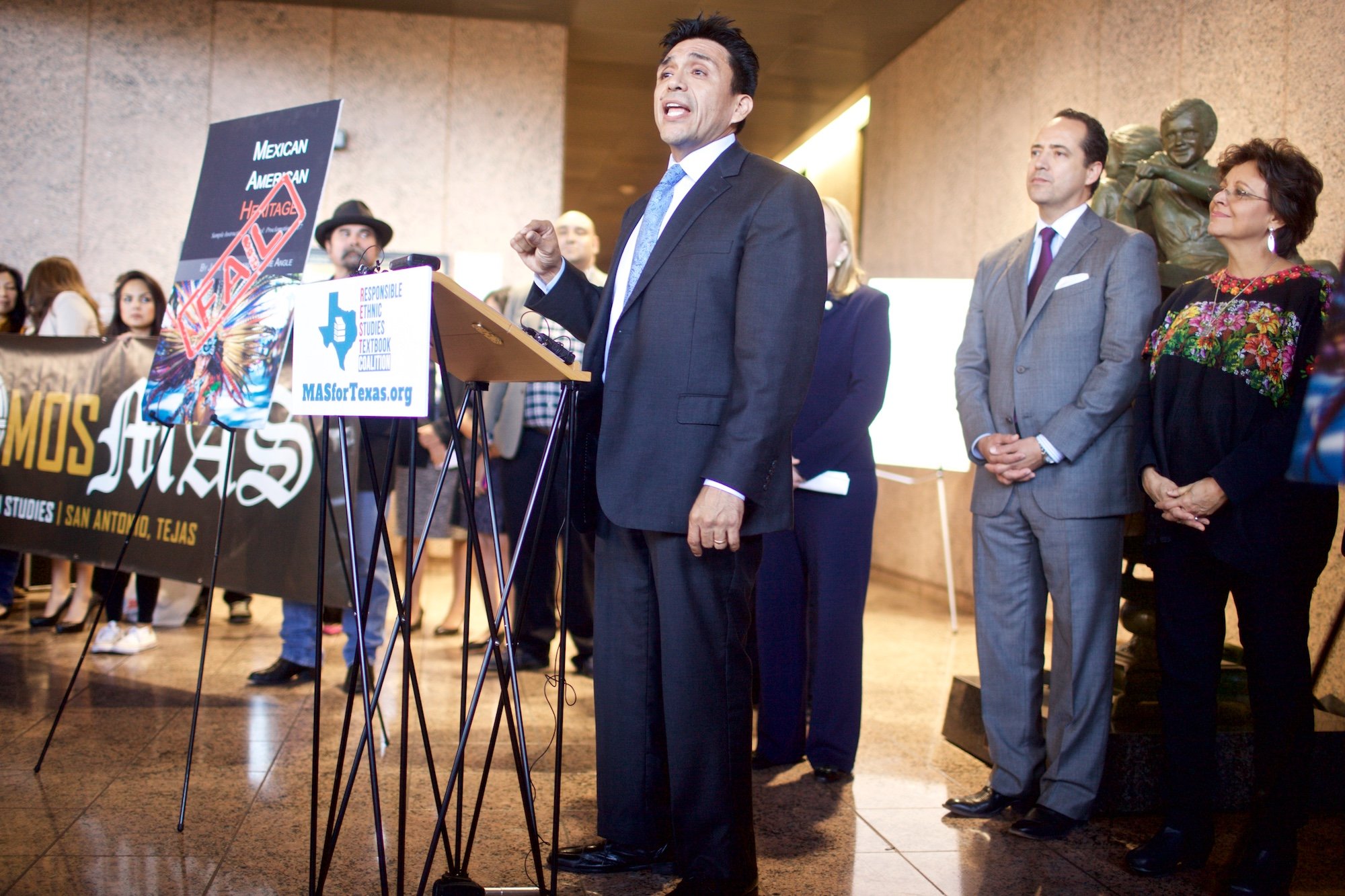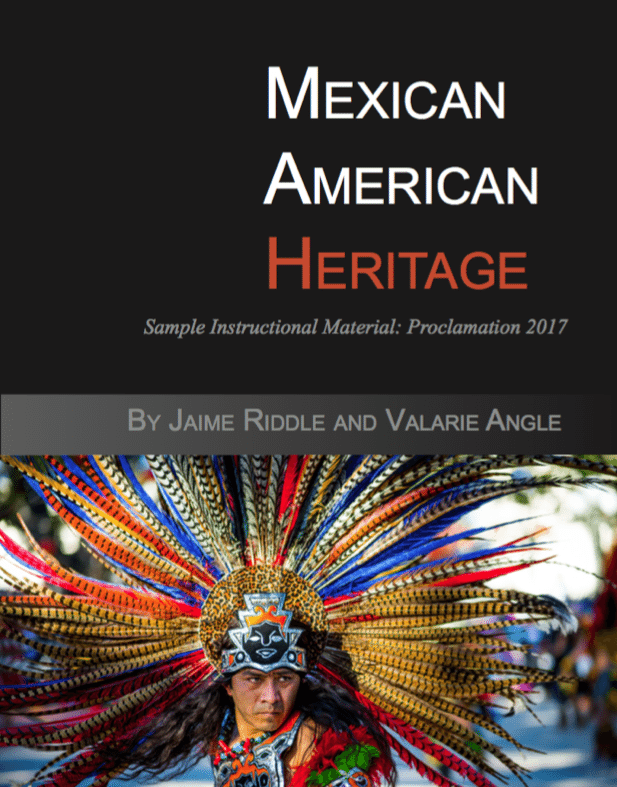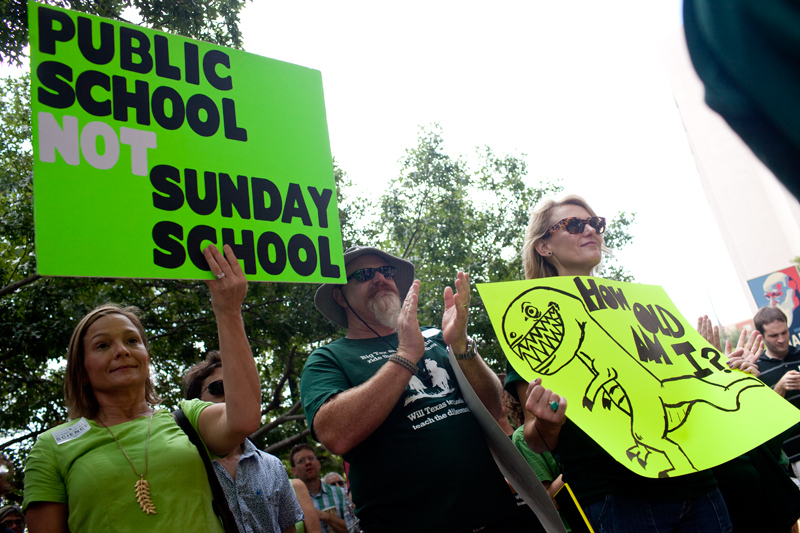
‘Academic Freedom’ Bill Provides Cover to Teach Creationism, Climate Denial in Classrooms
Representative Valoree Swanson claimed climate researchers “have faked the results” on temperature data while making a case for her bill.

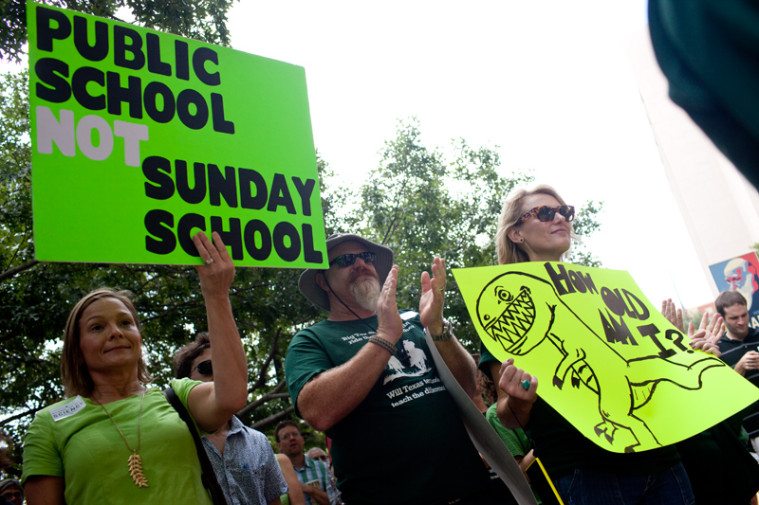
Representative Valoree Swanson, R-Spring, is making a case for why her bill protecting the “academic freedom” of public school teachers wouldn’t amount to an unconstitutional teaching of religion in classrooms.
House Bill 1485 would “free our teachers to where they don’t live in fear of frivolous accusations” and give teachers the ability to criticize scientific theories, she told members of the House Public Education Committee Tuesday evening. Among the theories that teachers would be able to question in elementary, middle school and high school classrooms? Climate change.
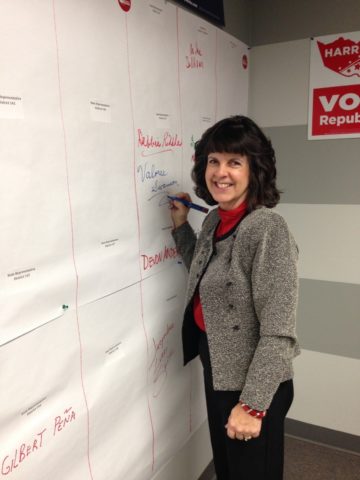
“Things keep coming up where certain scientists have faked the results on temperature results and many other things,” she said, repeating a common climate denier theory. “Many of the strongest proponents of climate change are now coming out and saying it’s simply not true and we need to reevaluate that.”
The overwhelming majority of climate researchers agree that the earth is rapidly warming as a result of human activity and that the consequences could be catastrophic if carbon pollution isn’t curbed. The Republican Party is the only major political party in the world to deny climate change.
But under Swanson’s bill, public schools are encouraged to create an environment where students can consider “differences of opinion about scientific subjects” and “assist” teachers in teaching subjects that may cause controversy. The bill lists climate change, biological evolution, the chemical origins of life and human cloning as examples of such controversial subjects.
The bill also prohibits school administrators and the State Board of Education from blocking teachers who are helping students “understand, analyze, critique and review” the “scientific strengths and weaknesses” of science subjects.
For years the State Board of Education required biology students to “evaluate” evolution, but last month the agency struck down that language. Now, education advocates worry Swanson’s bill provides a back door for teachers who want to teach creationism or other scientifically invalid theories.
“Rather than teaching the verifiable facts of evolution, climate change, chemical origins of life and other evident realities, which are not controversial in science, this bill seeks to misrepresent the facts, confuse the students and conceal what the evidence really is,” said Aron Ra, former president of the Atheist Alliance of America and an advocate for the separation of church and state. “[Students] have a right to lie to themselves, but the teachers don’t have a right to lie to them.”
In an apparent nod to previous fights about teaching creationism in classrooms, the legislation states that it should “not be construed to promote … any religious or nonreligious doctrine.” But critics say that’s still the bill’s underlying motivation.
Barbara Frandsen, a member of the League of Women Voters of Texas, said that although the proposal “denies promotion of religious doctrine, we feel like that is precisely what the bill does.”
“Academic freedom does not give us, as teachers, the ability to teach whatever we want,” she said.
Von Byer, the Texas Education Agency’s general counsel, said there’s “no current state statute that remarks” about teachers discussing fringe viewpoints on scientific issues. But Swanson argued that teachers were trying to steer clear of discussing controversial theories for fear of inadvertently violating constitutional clauses and Supreme Court rulings. HB 1485 would provide clarity and allow teachers to explain alternative theories without worrying about being reprimanded, she said.
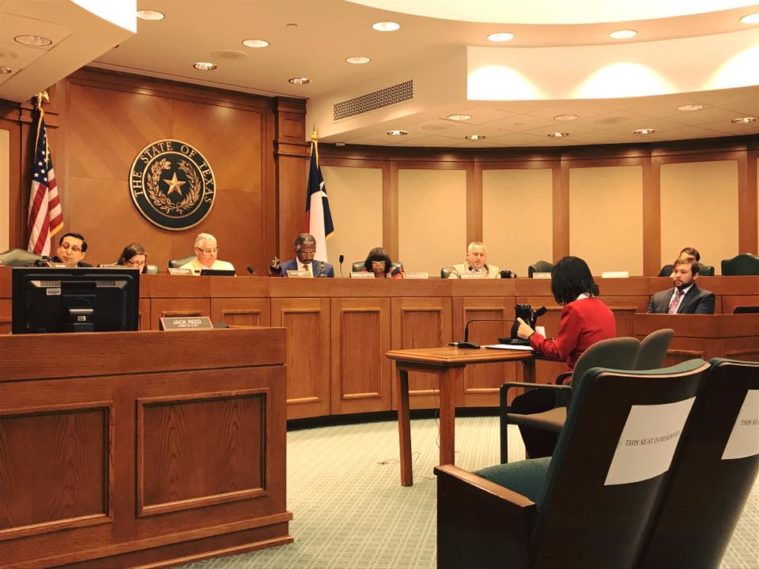
Jonathan Saenz, president of the religious-right lobby group Texas Values, said that Swanson’s bill gives teachers “some comfort” that they’re not violating state or federal rules, but stops short of proposals made in states like Pennsylvania and Louisiana that tried to require teachers to teach creationism.
“Teaching a variety of scientific theories about the origins of human mankind to school children might be validly done with the clear secular intent of enhancing the effectiveness of science instruction,” he told lawmakers.
While HB 1485 instructs the State Board of Education to “assist teachers in finding effective ways” to teach controversial scientific subjects, it doesn’t provide specifics on how teachers should handle discussions about creationism or climate denial. Representative Diego Bernal, D-San Antonio, said that could cause more confusion.
“I’m talking about … whether we’re setting [teachers] up to fail by not telling them what we want them to do,” said Bernal. “This probably makes us feel good, but it puts them at a disadvantage because they have no idea what they can and cannot do after we pass this bill.”
